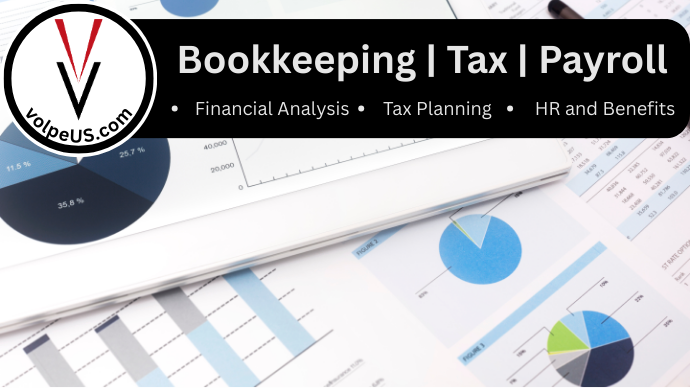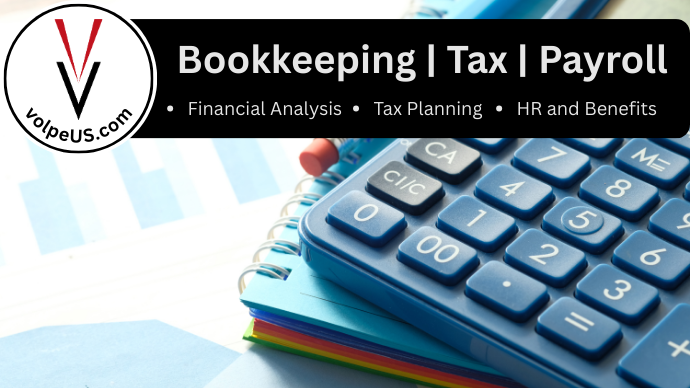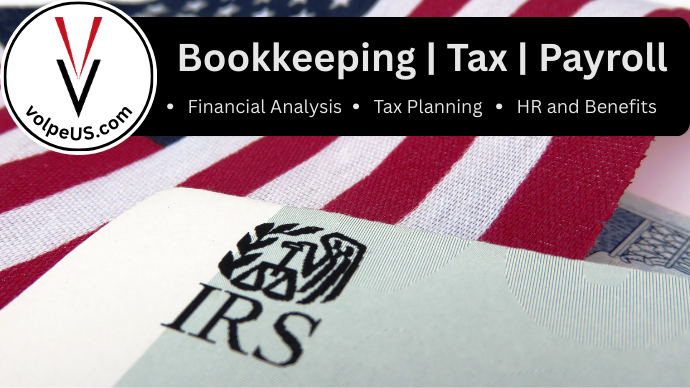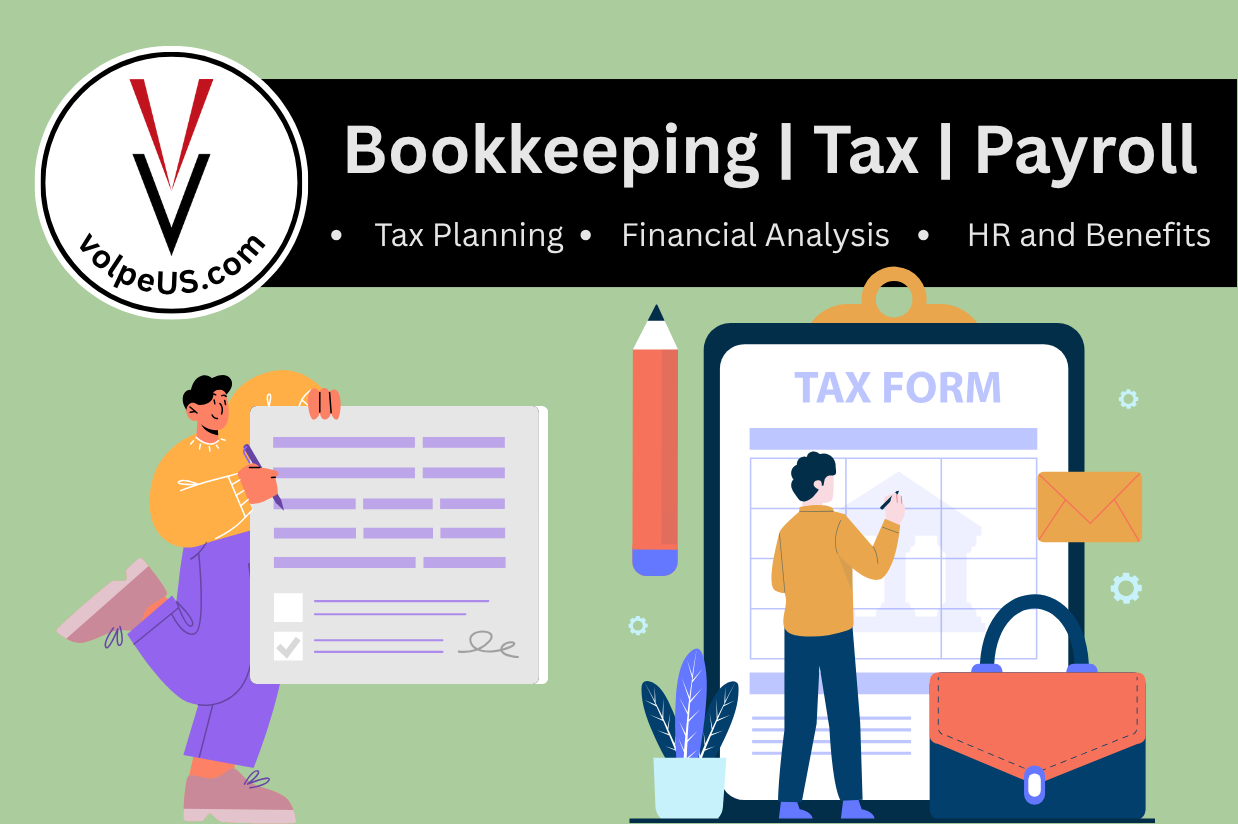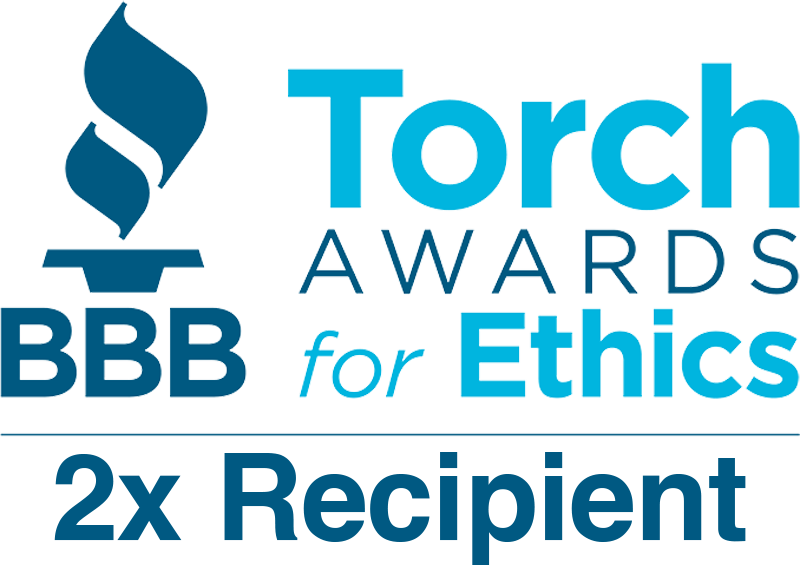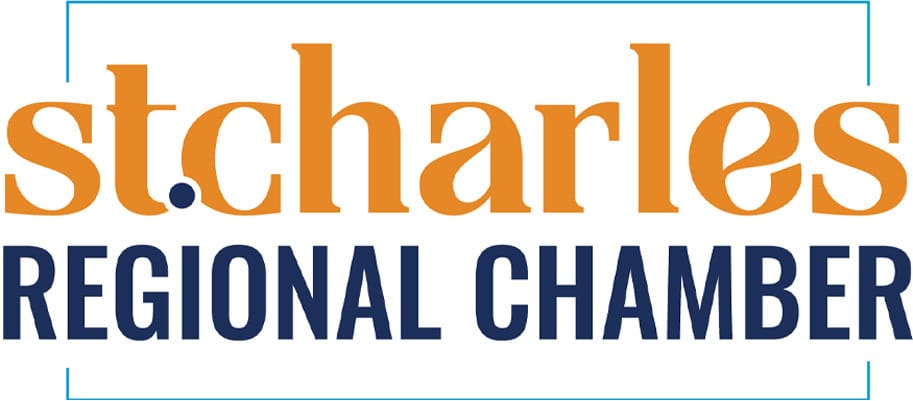Jump to a Specific Section
A guide to stress-free accounting for your small business
Reducing the number of hours spent on payroll, bookkeeping, and accounting, in general, is extremely important for businesses of all sizes.
As small business accountants, we frequently offer advice to our clients.
Many times, there are simple things they can be doing to make managing their company’s financials much less stressful.
This article will provide tips to making accounting for small businesses easier than ever.
1. Automate and reduce time spent on payroll
Payroll can be a time-consuming task for small businesses with employees.
It is, however, an essential part of running a business.
Finding a way to automate your payroll can save you a significant amount of time both now and in the future when you are filing both quarterly and annually.
Taking advantage of modern technology is key to making your payroll as automated as possible.
A lot of companies still use out-of-date methods like spreadsheets and punch cards.
We suggest spending time to find the best payroll software for your business.
Tools like Gusto and Quickbooks make running payroll easier than ever and most payroll software is very affordable.
Using the right payroll automation tools will reduce your payroll duties and free up some of your time to focus on other business tasks.
2. File your payroll taxes quarterly
There are several layers to this tip.
First, if you are not filing your small business’s taxes every quarter, we highly recommend doing so.
Not only does it make your end-of-the-year filing much easier, but it is also much less stressful paying small chunks every quarter than paying the total cost at the end of the year.
Second, we suggest using payroll services that have professional accountants preparing and filing your taxes.
Most accounting firms offer payroll services to their clients, but there are also other solutions.
Nowadays, most payroll software offer quarterly filing as a feature or perk in some or all of their pricing packages.
In this case, not only will your payroll be automated, but your quarterly filing will be as well.
3. Save time and effort with accounting software
Whether you use an accounting package to manage accounts receivable, balance cash flow, manage a business bank account, or track your business’s expenses, accounting software is a real asset for business owners.
There are numerous programs that can be accessed by phone or online, and these tools make bookkeeping a breeze for business owners.
Dedicated accounting professionals make managing a business a success Accountants are professionals in their field who have devoted their lives to helping businesses of all sizes reach the next level.
All accounting software is backed by accountants that are trained to navigate the myriad of accounting software to achieve successful management of a business.
4. Automate your small business bookkeeping
If you’re a small business, you can’t afford to waste any time on tasks outside of growing your business.
This is why we are so adamant about promoting automating as many accounting and financial processes as possible.
Like payroll, finding the best way to make your bookkeeping process as seamless and automated as possible is extremely important.
If you don’t like relying on software, you can do a Google search for something like “Bookkeeping company near me“.
Most accounting firms offer free consultations and will answer any of your bookkeeping questions.
5. Make sure your files and financial documents are as organized as possible
Keeping your business organized is key to growth for many reasons.
The less time you have to worry about gathering documents for your accountant, the more time you can spend growing your business.
Creating an organized folder structure on your computer is a much safer and easier way than having to rely on physical copies.
Here is an example folder structure you can use to organize and maintain your financial documents:
- Company Documents
- {Folders for past years}
- {Folder for current year}
- Expenses
- Utilities
- Office Supplies
- Travel Expenses
- Misc. Expenses
- Employee Documents
- W-2s
- Payroll
- Timesheets
- Returns & Filings
- Quarter 1
- Quarter 2
- Quarter 3
- Quarter 4
- Sales
- Invoices
- Inventory
- Revenue
- Expenses
And on and on.
How these folders are structured will depend on your business, but creating an organized system will reduce stress significantly.
Additionally, you can save these files in cloud storage software like Google Drive or Dropbox which can then easily and securely be shared with your accountant.
They will then have access to all of your accounting documents without needing to bother you with every small thing.
Related: The Best Invoicing Software for Small Businesses
6. Invest in help from an accounting professional
Small businesses have different needs and wants.
Finding a professional to manage your accounting can save you both time and money.
An accountant can work with you to get everything settled and reduce the burden of owning a small business so you can do the things you love.
Additionally, a local accounting firm can help find write-offs and tax credits you may have missed that can save you hundreds or even thousands of dollars each year.
An accountant can handle all of the mundane financial tasks that are often responsible for the unwanted stress of owning a business and the most frequent cause of small business owners deciding they no longer want to run their own company.


